
Table of Contents
Introduction to Muscle Problems
Muscle problems, including pain, cramps, and weakness, are common complaints that can affect anyone, regardless of age or fitness level. Understanding the underlying causes of these issues is essential for finding effective solutions. This article delves into the various factors contributing to muscle problems, particularly focusing on the role of essential minerals, the impact of heavy metals, and the importance of maintaining a proper mineral balance in the body.
Definition of Muscle Pain
Muscle pain, also known as myalgia, can manifest as a dull ache or sharp discomfort in one or more muscles. This pain can be acute, arising from an injury or overuse, or chronic, resulting from underlying conditions such as fibromyalgia or arthritis. Muscle pain can significantly hinder physical activity and impact quality of life, making it crucial to address and understand its causes.
Common Causes of Muscle Cramps
Muscle cramps are involuntary contractions of one or more muscles that can occur unexpectedly and often cause significant discomfort. They are commonly caused by factors such as dehydration, electrolyte imbalances, prolonged physical exertion, or inadequate stretching before physical activity. Cramps can affect any muscle but are most frequently experienced in the legs, feet, and calves.
Identifying Muscle Weakness
Muscle weakness refers to a decrease in strength and can be a symptom of various health issues. It might present as difficulty in lifting objects or performing routine tasks. Identifying the underlying causes is vital, as muscle weakness can result from factors such as nerve damage, certain medications, or nutritional deficiencies. Understanding whether the weakness is localized or generalized can help in diagnosing the problem effectively.
The Role of Essential Minerals in Muscle Health
Importance of Calcium for Muscle Function
Calcium is a critical mineral necessary for muscle contractions. When a nerve stimulates a muscle, calcium is released within the muscle fibers, enabling them to contract. A deficiency in calcium can lead to muscle cramps and spasms, underscoring its importance in muscle health. Consuming adequate dairy products, leafy greens, and fortified foods can help maintain optimal calcium levels.
How Magnesium Affects Muscle Cramps
Magnesium plays an essential role in muscle function, promoting relaxation and preventing excessive contractions. It helps regulate calcium levels in muscle cells, and low magnesium levels can lead to heightened nerve excitability, increasing the risk of cramps. Foods rich in magnesium, such as nuts, seeds, and whole grains, can help mitigate the risk of cramps and promote overall muscle health.
The Impact of Potassium on Muscle Strength
Potassium is another vital mineral that aids in muscular function and coordination. It helps maintain fluid balance and is crucial in transmitting nerve signals that trigger muscle contractions. An insufficient intake of potassium can lead to weakness and cramping. Bananas, oranges, and potatoes are excellent sources of potassium that should be included in a balanced diet.
Conducting Mineral Tests
Why Mineral Testing is Crucial
Mineral testing is essential for identifying deficiencies that may contribute to muscle problems. These tests can reveal imbalances in key minerals such as calcium, magnesium, and potassium, allowing for targeted dietary changes or supplementation. Understanding one’s mineral status can provide insight into unexplained muscle discomfort or weakness.
Types of Tests for Assessing Mineral Levels
A common test for assessing mineral levels include hair analysis, which can provide long-term mineral status. Urine tests can also be useful for assessing the excretion of certain minerals and heavy metals. Each testing method has its advantages and limitations, and consulting with a healthcare provider can help determine the most appropriate approach. Easy tests that can be done in the convenience of your home are listed below.
Interpreting Test Results
Interpreting mineral test results can be complex, as the optimal levels may vary based on individual health factors. A comprehensive report provides guidance on what the results mean and recommend dietary changes or supplementation if necessary. Understanding these results can empower individuals to take proactive steps towards improving their muscle health through lifestyle adjustments.
Toxic Heavy Metals and Muscle Function
Common Heavy Metals Affecting Muscles
Toxic heavy metals such as lead, mercury, and cadmium can profoundly impact muscle function. These metals can accumulate in the body over time, leading to various health problems, including muscle fatigue and weakness. Identifying exposure sources, such as contaminated food or environmental pollutants, is vital in preventing toxicity and preserving muscle health.
Symptoms of Heavy Metal Toxicity
Symptoms of heavy metal toxicity may include muscle pain, weakness, and cramps, along with neurological symptoms such as headaches and memory issues. If individuals suspect heavy metal exposure, they should seek medical evaluation and consider testing for heavy metals to determine the appropriate course of action.
Detoxification Strategies for Muscle Health
Detoxification strategies for removing heavy metals from the body may include dietary changes, such as increasing the intake of antioxidants found in fruits and vegetables. Supplements like chlorella and cilantro have also gained popularity for their purported ability to bind heavy metals and aid in their excretion. Consulting with a healthcare provider to create a safe and effective detox plan is highly recommended.
The Low Sodium/Potassium Ratio and Muscle Issues
Understanding the Sodium/Potassium Balance
The sodium/potassium balance is crucial for maintaining proper muscle function. Sodium is essential for nerve transmission and muscle contraction, while potassium is vital for relaxation and counteracting excessive sodium levels. A diet high in sodium but low in potassium can lead to an imbalance, resulting in muscle cramps and weakness.
Effects of Imbalance on Muscle Performance
An improper sodium/potassium ratio can lead to increased blood pressure and muscle issues, as muscles struggle to contract and relax effectively. Individuals can improve their muscle performance by consuming a balanced diet rich in potassium and limiting sodium intake. Foods like avocados, spinach, and bananas can help restore this essential balance.
The Importance of Trace Minerals
Role of Copper in Muscle Health
Copper is a trace mineral that plays a significant role in energy production and iron metabolism, both of which are essential for muscle function. Low copper levels can lead to fatigue and weakness, highlighting the importance of including copper-rich foods such as shellfish, seeds, and nuts in the diet.
How Zinc Contributes to Muscle Recovery
Zinc is crucial for muscle repair and recovery. It aids in protein synthesis and helps reduce inflammation, facilitating faster recovery after exercise. Adequate zinc intake can be crucial for athletes and active individuals to support muscle health. Foods high in zinc include meat, legumes, and whole grains.
Manganese and Its Function in Muscle Support
Manganese is another trace mineral essential for enzymatic processes involved in energy metabolism. It contributes to the formation of connective tissues, which are vital for muscle function. Ensuring adequate manganese intake from sources like whole grains, nuts, and leafy greens can support overall muscle health and function.
Supplements for Muscle Health
Recommended Supplements for Muscle Pain Relief
Various supplements are available that can help alleviate muscle pain. Omega-3 fatty acids, known for their anti-inflammatory properties, can reduce muscle soreness and improve recovery. Turmeric, particularly its active ingredient curcumin, is another supplement renowned for its ability to combat inflammation and pain.
Choosing the Right Supplements for Cramps
For muscle cramps, magnesium and potassium supplements can be particularly effective. These minerals help maintain electrolyte balance and muscle function, reducing the likelihood of cramping during physical activities. It’s important to consult with a healthcare provider before starting any new supplementation regimen to ensure safety and efficacy.
Supplements to Combat Muscle Weakness
To combat muscle weakness, protein supplements can aid in muscle repair and growth, especially for individuals engaging in strength training. Creatine is another supplement that may enhance muscle strength and performance. Again, professional guidance is crucial in selecting appropriate supplements tailored to individual needs.
Conclusion
Recap of Key Points
Understanding muscle problems, including pain, cramps, and weakness, is essential for maintaining an active and healthy lifestyle. Essential minerals such as calcium, magnesium, and potassium play significant roles in muscle function, while heavy metals can adversely affect muscle health. Maintaining an appropriate sodium/potassium balance, addressing trace mineral deficiencies, and considering appropriate supplements can enhance muscle function and recovery.
Encouragement for Seeking Professional Advice
Ultimately, individuals experiencing muscle problems should seek professional advice for accurate diagnosis and treatment. By prioritizing a balanced diet rich in essential nutrients and being proactive about their health, individuals can alleviate muscle issues and improve their overall quality of life.
FAQ’s
What are the common causes of muscle cramps?
Muscle cramps can result from dehydration, electrolyte imbalances, prolonged physical activity, or inadequate stretching. They often occur in the legs, feet, and calves.
How does magnesium help with muscle health?
Magnesium aids in muscle relaxation and helps regulate calcium levels in muscle cells, preventing cramps and promoting overall muscle function.
What role does potassium play in preventing muscle weakness?
Potassium is crucial for transmitting nerve signals that trigger muscle contractions, and a deficiency can lead to weakness and cramps.
How can I determine if I have a mineral deficiency?
Mineral testing through blood, urine, or hair analysis can provide insights into your mineral levels. Consulting with a healthcare provider is essential for appropriate testing and interpretation of results.
What are some natural ways to detoxify heavy metals?
Increasing the intake of antioxidant-rich foods and considering supplements like chlorella and cilantro can help detoxify heavy metals from the body. Always consult a healthcare provider before starting any detox regimen.
Products
At Home Tests
-
←→
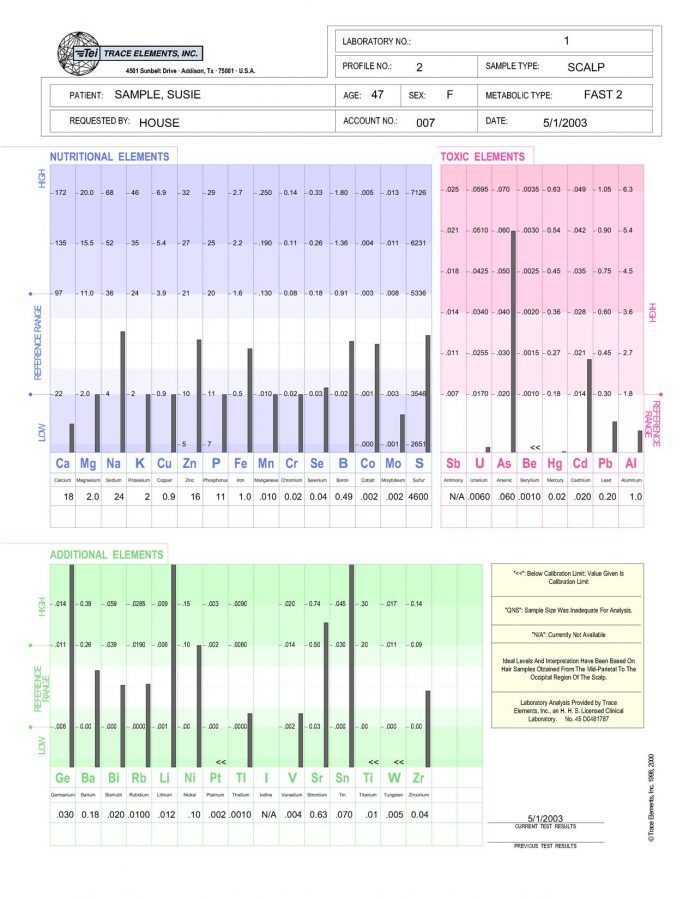
Trace Elements Nutritional Deficiencies Hair Test
Nutritional Tests, At Home Health Tests, Toxic Metals Tests, Hair Tests, Autism Tests, Immune System Tests$188.00 $148.00Successfully Added to your Shopping CartAdding to Cart... -
←→
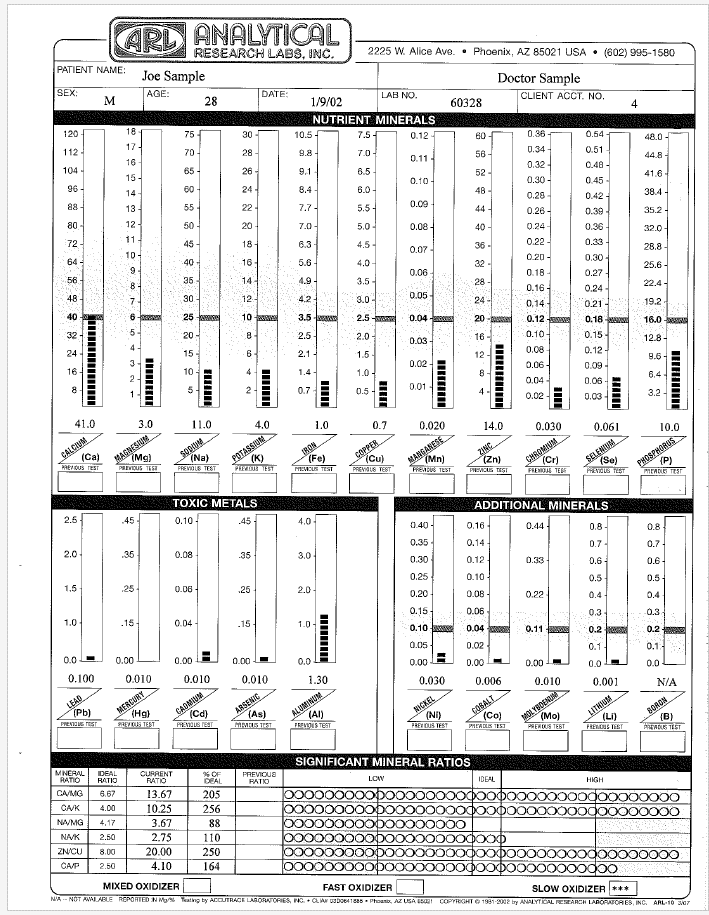
Analytical Research Labs Hair Test
$179.00$149.00Providing a mineral blueprint of one’s biochemistry, an Analytical Research Labs Hair Minerals Test reports levels of minerals and heavy metals in your body giving possible reasons for your symptoms, with suggestions for nutritional supplements and diet changes. Hair tissue mineral analysis can provide pertinent information about balanced nutrition, one’s metabolic rate, energy levels, sugar and carbohydrate tolerance, stage of stress, immune system and glandular activity.- Buy 2 at $145.00
Analytical Research Labs Hair Test
$179.00 $149.00Successfully Added to your Shopping CartAdding to Cart... -
←→
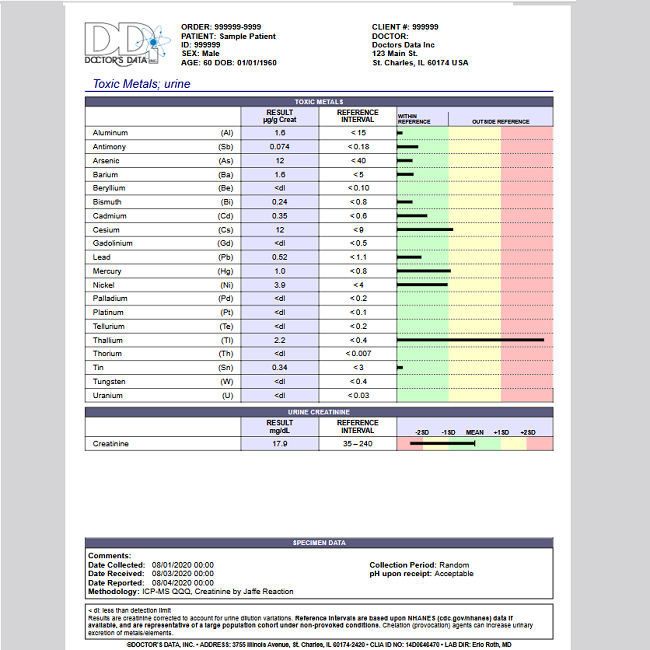
Doctors Data Urine Nutrients and Toxic Metals Test
$305.00$175.00Evaluate nutritional status and the efficacy of mineral supplementation. in an unprovoked specimen, early indication of renal dysfunction can be gleaned from urinary wasting of essential elements such as magnesium, calcium, potassium and sodium.- Buy 2 at $170.00
Doctors Data Urine Nutrients and Toxic Metals Test
$305.00 $175.00Successfully Added to your Shopping CartAdding to Cart...
Supplements
-
←→
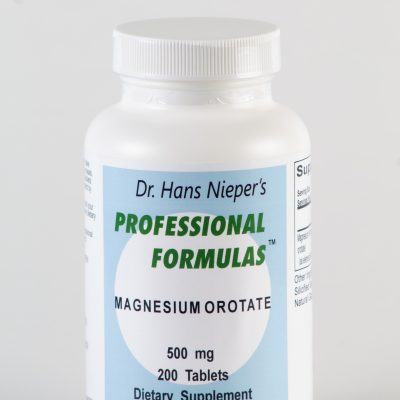
Magnesium Orotate
Supplements, Mineral Supplements, Heart Solutions, Immune System Solutions, Gastrointestinal Solutions, Allergy Solutions$25.10Successfully Added to your Shopping CartAdding to Cart... -
←→
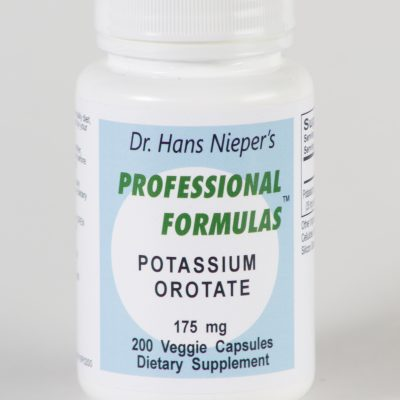
Potassium Orotate
Supplements, Mineral Supplements, Skin Solutions, Diabetes Solutions, Heart Solutions, Muscle Solutions, Hormone Solutions, Gastrointestinal Solutions$23.40Successfully Added to your Shopping CartAdding to Cart... -
←→
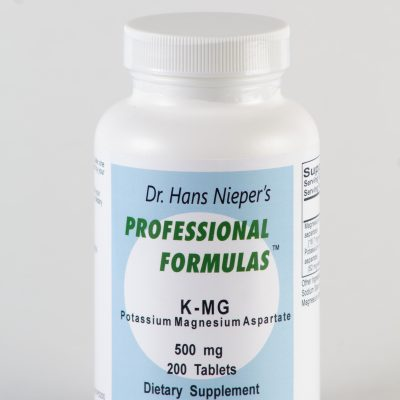
K-MG Potassium Magnesium
Supplements, Mineral Supplements, Headache Solutions, Heart Solutions, Muscle Solutions, Lung Solutions, Memory Loss Solutions, Anxiety, Stress, Depression Solutions$13.10Successfully Added to your Shopping CartAdding to Cart... -
←→
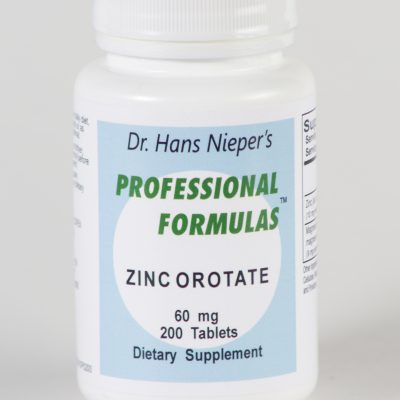
Zinc Orotate
Supplements, Mineral Supplements, Immune System Solutions, Heart Solutions, Hormone Solutions, Probiotics Supplements, Bone Solutions, Antioxidant Supplements, Autism Solutions$10.40Successfully Added to your Shopping CartAdding to Cart... -
←→
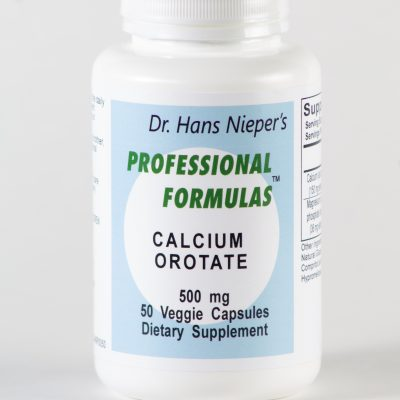
Calcium Orotate
Supplements, Mineral Supplements, Bone Solutions, Nerve Damage Solutions, Skin Solutions, Heart Solutions$26.80Successfully Added to your Shopping CartAdding to Cart...
References
- https://www.ninds.nih.gov/health-information/disorders/congenital-myopathy
- https://www.ninds.nih.gov/health-information/disorders/mitochondrial-disorders
- https://www.ninds.nih.gov/health-information/disorders/glossary-neurological-terms#myotonia
- https://www.ninds.nih.gov/
- https://links.e.response.mayoclinic.org/EmailPreview-GeneralHealth
